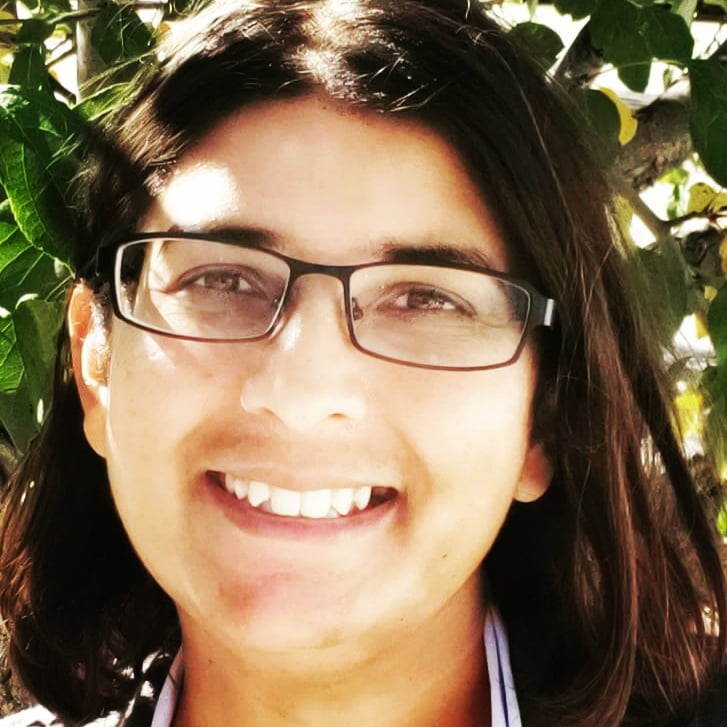Congress 2022
At Congress 2022, Graham Jensen took us on a tour of Canadian Humanities and Social Sciences Commons. We were able to sign up to explore the various functions of the new system, which combines social media tools, such as blogs, with project management software. Anyone can create an account to start organizing workflows, as Caroline Winter demonstrated through one of her projects, Environments of Change.
The system has been built using open-source software in a Canadian context to address issues that Jensen identifies as “the enclosure or commercialization of commons; the exploitation of researchers and research data; and the exclusion of certain people from digital spaces,” which he has produced a video essay about with more information. In the HSS Commons, users have the freedom to choose their level of engagement for their teams and the community in an easy-to-use format. By the end of the session, we all had profiles and were ready to post.
Research has changed in the digital age. The HSS repository reflects this reality, as it stores many different types of media — including podcasts, videos, and computer code — not just journals and books. Each file can be accessed via different levels of permission. Even if items are behind a paywall, the link can be shared for future reference.
Since the session, I have plans for my free account. A few months ago, I self-published a book about mindfulness and meditation research. With the HSS Commons, I can upload all the studies and videos I collected into a group to share with colleagues to access anywhere, rather than on my hard drive. As new research becomes available, I can post it for others to peruse or use if they want a reference for clinical or personal needs. Discussions with my limited social network have expanded on my focus of mindfulness. I can only imagine the impact of a global audience.
Curation is hard work. Over the years, I have written plenty about social justice in film that I need to move to a different space on the web. If I upload it to the HSS Commons, I can tag all the posts by topic and year. Because I started in 2015, many of the films are available on Vimeo or YouTube and some of the issues have new research to address the problems that I can share with the HSS community. It feels good to have the opportunity to move into a space where my work could help someone else.
Everyone who collects studies and media for research or publication would benefit from the HSS Commons. It is a great place to store and share files that might otherwise sit on a hard drive or only serve a niche audience. Collaborations become easier as more people can access data. Harnessing different perspectives helps us grow as researchers and as people. I’m excited to see how HSS Commons takes shape.

Sima Chowdhury is the author of Mindful Meditation available on Amazon and a social work student at the University of Manitoba.

Beyond impact to engaged research and publication in HSS
As part of the Congress Career Corner series, Kath Burton of Routledge Journals (Humanities, Media and the Arts) and Vicky Gardner of Taylor & Francis facilitated a workshop entitled Beyond Impact to Engaged Research and Publication in HSS...

Social Sciences and Humanities at the Forefront: Leading High-Risk/High-Reward Interdisciplinary Research
Social Sciences and Humanities at the Forefront: Leading High-Risk/High-Reward Interdisciplinary Research brought together four scholars leading projects funded through the New Frontiers in Research Fund’s (NFRF) Exploration stream.

Collecting and Communicating the Evidence of Impact
Sponsored by University Affairs, the May 16 Career Corner session at Congress 2022 entitled “Collecting and Communicating the Evidence of Impact” featured Connie Tang and David Phipps of Research Impact Canada. Connie began the session by asking the...
